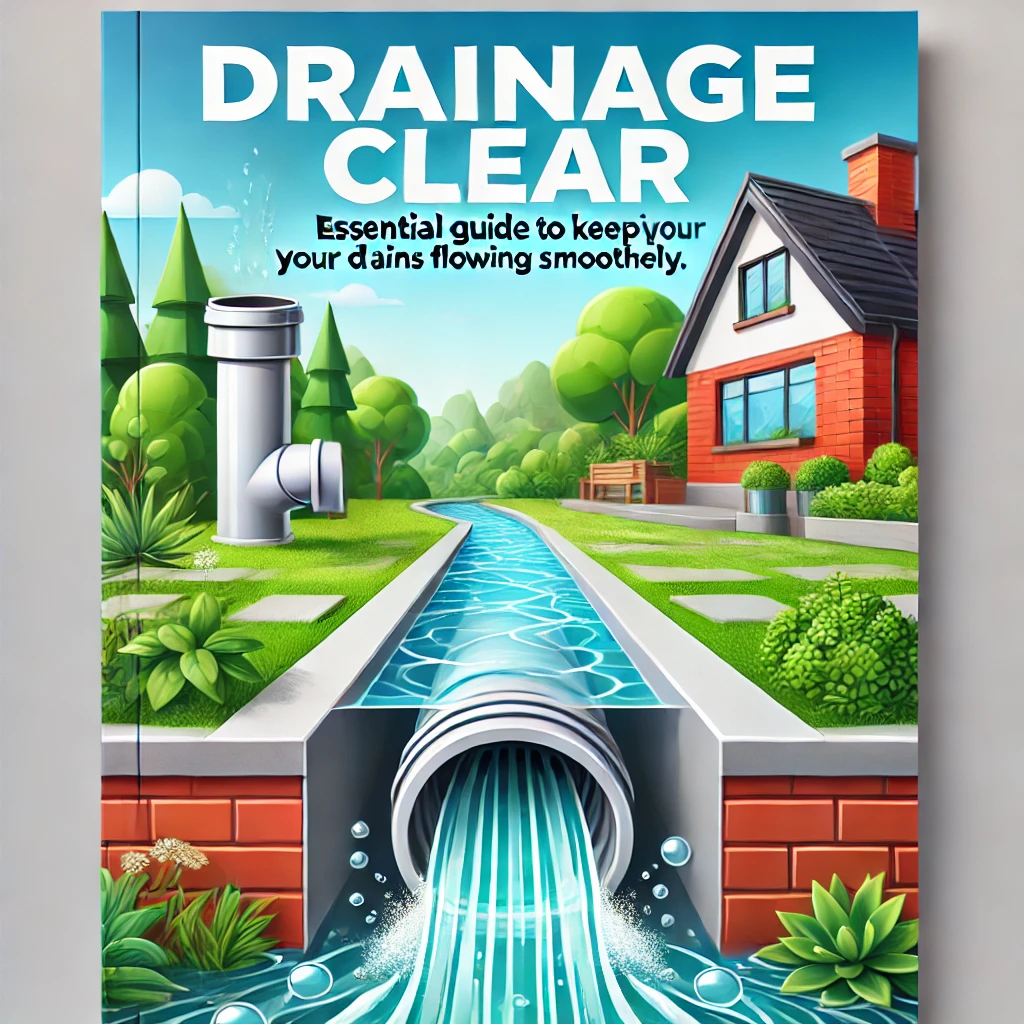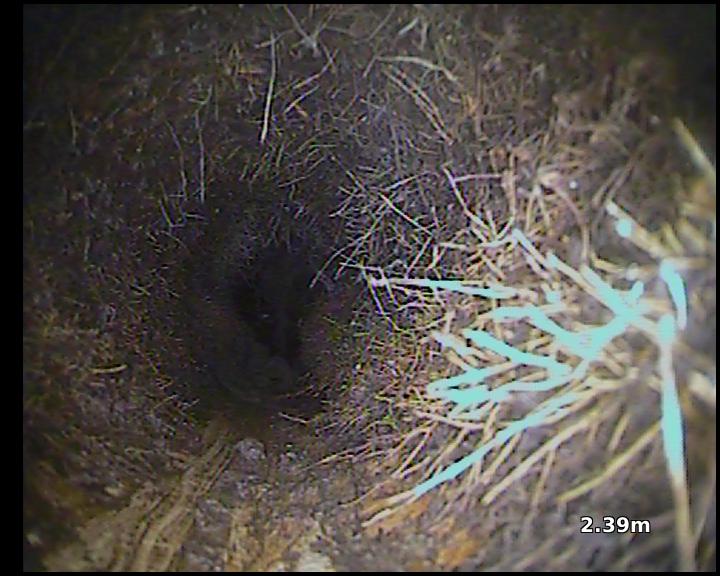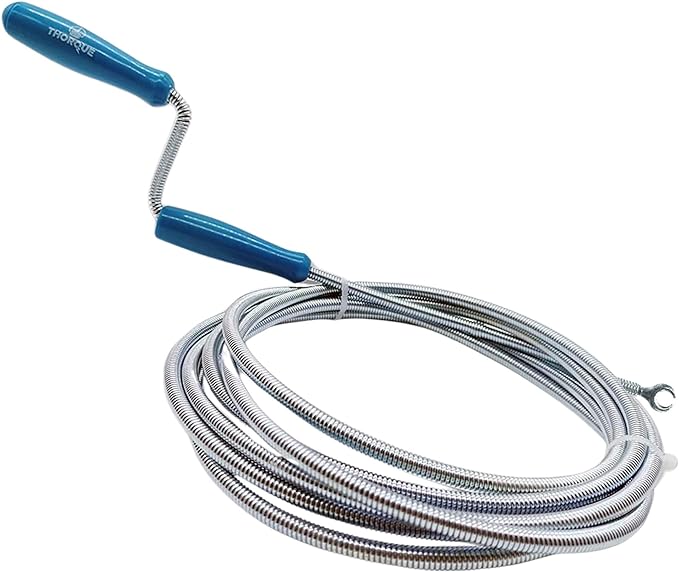Drainage Clear: Essential Guide to Keeping Your Drains Flowing Smoothly
Introduction
A clear drainage system is crucial for the functionality of any property. Blocked drains Derby residents discover can cause numerous issues, from minor inconveniences to significant property damage. This guide will provide you with comprehensive information on maintaining clear drainage, understanding common problems, effective solutions, and preventive measures.
Importance of Keeping Drainage Clear
Clear drainage is vital for several reasons:
- Prevents Flooding: Blocked drains can lead to water overflow, causing flooding in your property.
- Avoids Health Hazards: Stagnant water can become a breeding ground for bacteria and pests.
- Protects Property: Water damage from blocked drains can weaken the structural integrity of your property.
- Ensures Hygiene: Clear drains ensure that waste is effectively removed from your home, maintaining a hygienic environment.
Common Causes of Drainage Problems
Understanding the root causes of drainage problems can help you maintain a clear drainage system. Here are some common culprits:
1. Accumulation of Debris
- Hair: Commonly found in bathroom drains, hair can bind with grease and soap, creating a blockage.
- Soap Scum: Soap residues can combine with minerals in water and create a hard substance that clogs pipes.
- Food Waste: Leftover food particles can accumulate in kitchen sinks, causing blockages.
- Grease and Fat: Pouring grease down the sink can solidify and block pipes.
2. Foreign Objects
- Sanitary Products: Items like tampons and sanitary pads should never be flushed as they can cause severe blockages.
- Baby Wipes and Cleaning Wipes: These do not break down easily and can obstruct pipes.
- Small Toys: Children often drop toys in the toilet, leading to blockages.
3. Tree Roots
Tree roots can penetrate underground pipes, causing severe blockages and pipe damage. They seek out water sources, and once inside, they expand, leading to significant drainage issues.
4. Mineral Build up
In areas with hard water, minerals can accumulate inside pipes, reducing water flow and leading to blockages.
Effective Solutions for Clear Drainage
Maintaining clear drainage involves regular maintenance and addressing blockages promptly. Here are some effective solutions:
1. DIY Methods
For minor blockages, you can try several do-it-yourself methods:
a. Boiling Water
Pouring boiling water down the drain can help dissolve minor blockages caused by grease or soap buildup.
b. Plunger
A plunger can be effective in dislodging minor clogs in sinks and toilets. Ensure a tight seal and apply firm pressure.
c. Baking Soda and Vinegar
This combination creates a chemical reaction that can help break down minor clogs. Pour baking soda followed by vinegar down the drain, wait for 30 minutes, and flush with hot water.
2. Chemical Drain Cleaners
Chemical drain cleaners can dissolve tougher clogs. However, they should be used sparingly as they can damage pipes and are harmful to the environment.
3. Plumbing Snake
A plumbing snake or auger can reach deeper blockages. It is a flexible, long tool that can navigate through pipes to remove obstructions.
4. Professional Drain Cleaning Services
For persistent or severe blockages, it is advisable to seek professional help. Our drain inspection services can accurately diagnose and address the issue with advanced tools and expertise.
Preventive Measures for Clear Drainage
Preventing blockages is more cost-effective and less stressful than dealing with them after they occur. Here are some preventive measures:
1. Regular Maintenance
Regular maintenance can help keep your drainage system in good condition:
- Scheduled Inspections: Regular inspections by professionals can identify potential issues early.
- Drain Covers: Use drain covers to catch hair, food particles, and other debris before they enter the drain.
- Proper Disposal: Dispose of grease, fat, and oils in the trash, not down the sink.
2. Mindful Usage
Being mindful of what goes down your drains can prevent blockages:
- Toilet Usage: Only flush toilet paper and human waste. Avoid flushing sanitary products, wipes, and foreign objects.
- Kitchen Drains: Avoid disposing of food waste, grease, and oils down the kitchen sink.
3. Tree Root Management
Manage trees and plants around your property to prevent roots from infiltrating pipes:
- Plant Location: Avoid planting trees and large shrubs near drainage pipes.
- Root Barriers: Install root barriers to protect your underground pipes from root infiltration.
4. Proper Disposal of FOG
Never pour fat, oil, and grease down the sink. Instead, collect them in a container and dispose of them in the bin.
Table: Comparison of Drain Unblocking Methods
| Method | Effectiveness | Cost | Environmental Impact |
|---|---|---|---|
| Boiling Water | Moderate | Low | Low |
| Plunger | High for minor clogs | Low | Low |
| Baking Soda and Vinegar | Moderate | Low | Low |
| Chemical Cleaners | High for tough clogs | Moderate | High |
| Plumbing Snake | High | Low (DIY) / Moderate (Professional) | Low |
| Professional Services | Very High | High | Low |
Importance of Professional Drain Inspections
Professional drain inspections are crucial for maintaining a healthy drainage system. Here’s why you should consider regular inspections:
- Early Detection: Identify potential problems before they become major issues.
- Cost-Effective: Prevent costly repairs by addressing issues early.
- Comprehensive Solutions: Professional services offer a range of solutions tailored to your specific needs.
Services Offered
Our drain inspection services include:
- CCTV Drain Surveys: Using advanced camera technology to inspect and diagnose drainage issues.
- High-Pressure Water Jetting: Effective for clearing stubborn blockages and cleaning pipes.
- Drain Repairs: Professional repair services for damaged pipes and drainage systems.
Case Study: Maintaining Clear Drainage
Background
A commercial property in Derbyshire experienced frequent drain blockages due to heavy usage. The property manager contacted our team for a professional inspection and ongoing maintenance plan.
Inspection and Findings
Upon conducting a CCTV drain survey, we discovered:
- Significant grease build up in kitchen drains.
- Minor tree root infiltration in the main drainage pipe.
Solution
We utilised high-pressure water jetting to clear the grease build up. For the tree roots, we employed root cutting tools to remove the obstruction and installed root barriers to prevent future infiltration.
Outcome
The property experienced no further blockages, and regular maintenance was scheduled to ensure the drainage system remained clear.
Conclusion
Maintaining clear drainage is essential for the functionality and hygiene of any property. Understanding the causes of blockages, implementing effective solutions, and adopting preventive measures can save you time, money, and stress. For professional assistance and comprehensive drain inspection services, visit our services page or contact us directly.
Useful Resources
By following these guidelines and taking proactive measures, you can keep your drains running smoothly and avoid the hassle and expense of dealing with blockages.
Internal Links
By maintaining regular inspections and mindful usage, you can prevent blockages and ensure the longevity of your drainage system. For expert advice and services, don’t hesitate to reach out to our team.





